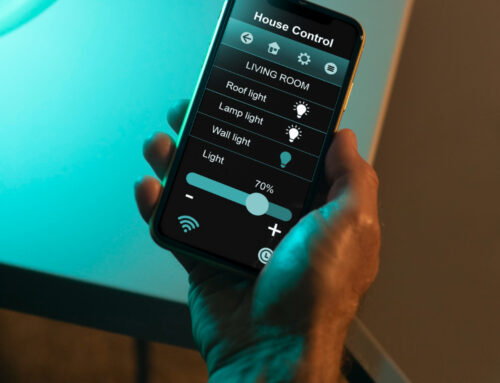
Seasonal Depression or Seasonal Affective Disorder (SAD) is a type of depression triggered by changing seasons according to the Cleveland Clinic. It typically begins in the late fall and lasts throughout the winter, ending once the weather warms up in the spring. This disorder can change how a person thinks and feels. Some of the common symptoms of SAD are sleep problems, having low energy, losing interest in daily activities, and having difficulty concentrating. So, what causes SAD? Scientists do not know the true cause behind Seasonal Affective Disorder (SAD). However, the National Institute of Mental Health state that a low level of serotonin and Vitamin D deficiency may be a contributing factor.
Treating Seasonal Affective Disorder
While there isn’t exactly a cure for Seasonal Affective Disorder, there are ways of treating it. This includes light therapy, Vitamin D, psychotherapy, and in some cases, medication. Scheduling an appointment with a therapist will help them to determine if someone needs psychotherapy or medication. Light therapy is using a light box or lamp that mimics UV rays to get the needed sunlight exposure to help treat the disorder. And of course, there is the natural way of getting more sunlight exposure by going outdoors and spending time under the actual sun.
Combating Seasonal Depression at Elements Luther Forest
When you live at Elements Luther Forest, you live among nature’s elements. The apartment community is surrounded by nature and biking trails available for renters to enjoy. Here are some of the hiking trails near Malta, NY to choose from as well. Going for a walk, jog, or bike ride on the nature trails is a great way to get outdoors and spend time in the sun. It is one of the many benefits of living among nature at Elements Luther Forest. Getting more sunlight will help increase your Vitamin D and help if you suffer from Seasonal Affective Disorder. Be sure to dress appropriately depending on the weather outside and always protect yourself with sunscreen when needed. And as always, if symptoms persist, please seek medical advice or treatment.







